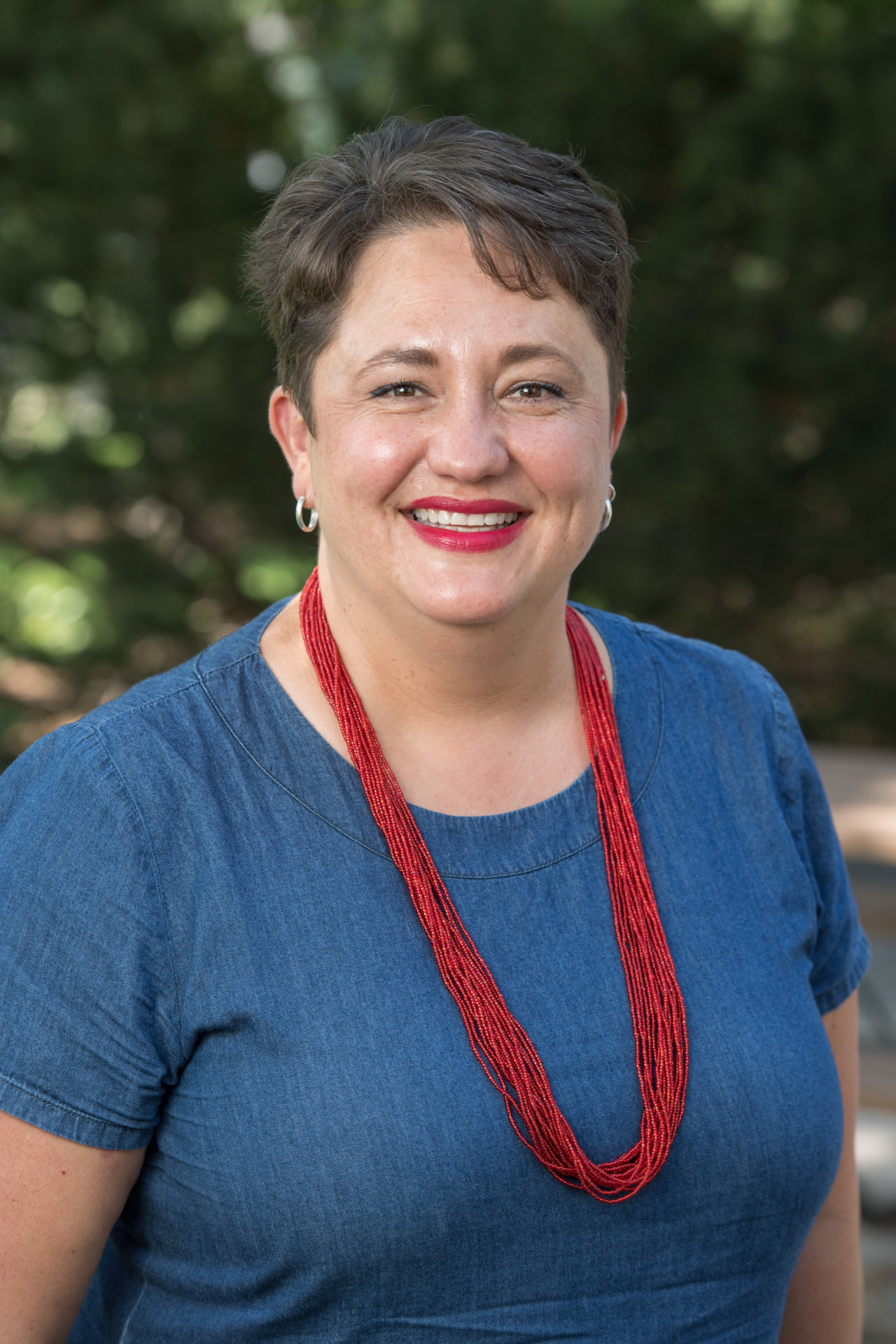
Name: Shannon Archibeque-Engle
Title: Associate Vice President for Inclusive Excellence
What is your background and how did you find your way into the ag industry?
I grew up a farmworker, not a migrant farmworker, but one that worked the fence lines, hay fields, and livestock with my family on the farms and ranches near my home. I left Cortez and I thought I left agriculture when I graduated from high school and went to the university. I earned a bachelor’s degree in Environmental Health and a Master’s degree in toxicology. In 2006 I was invited back into agricultural spaces as an advisor in the Department of Animal Sciences and eventually as the Director of Diversity and Retention for the College of Agricultural Sciences before I joined the Vice President for Diversity office.
Why is diversity important to you and your organization?
There is both a moral and business imperative to prioritize diversity, equity, and inclusion. Further, it is the land grant mission. If we are failing to provide access and support to our historically excluded and minoritized students, faculty, and staff in education or failing to provide access and support to our historically excluded and minoritized communities in extension or failing to prioritize the research needs of our historically excluded and minoritized communities then we are failing to achieve our mission.
What current diversity initiatives do you have planned or ongoing?
I am privileged to do this work full time, so we have many. Colorado State University was awarded an NSF ADVANCE adaptation grant so we are hard at work on that project aimed at supporting women and women of color in the sciences, including the agricultural sciences. We are institutionalizing specialized diversity, equity, and inclusion professional development work with Chairs and Heads and a more robust exit interview process amongst other initiatives. We are also in the middle of another employee climate survey. The instrument that we developed for the climate survey has been replicated at other institutions.
In your opinion, what is the most exciting thing happening in the industry currently?
One of the things that gives me the most hope for diversity, equity, and inclusion work in agriculture is Together We Grow. I would add that I see substantive work occurring in the Agriculture Experiment Station arena.
What is your vision for the future of agriculture?
My vision for the future of agriculture is that we have integrity with our stated values. The present challenges and future solutions are too deep and broad for us to keep doing what we’ve always done. My vision for agricultural higher education is that we truly invest in making the land grant mission a lived experience for our students, faculty, staff, and the communities we exist to serve.
About Together We Grow
Together We Grow is an agribusiness consortium with members that include major agricultural commodities companies, educational institutions, government agencies, and others committed to improving and expanding diversity in agribusiness. The consortium sponsors research and provides a platform to share best practices for building future workforce capacity; it will have its permanent home at the Spur Hydro building. For more information, visit twg.csusystem.edu.
About Spur: CSU System at the National Western Center
Coming in 2022: CSU System will open Spur, where innovative ideas and unforgettable experiences come to life at the National Western Center. Spur’s three buildings at the center of the landmark project in north Denver will ignite and fuel new ideas around water, food, and health and their impact on our lives and our world. Spur is where learning is open and accessible to all. Where researchers tackle the world’s most pressing problems around water, food, and health. Where art and culture challenge and surround you. Where rural and urban, local and global intersect. Learn more at csuspur.org.